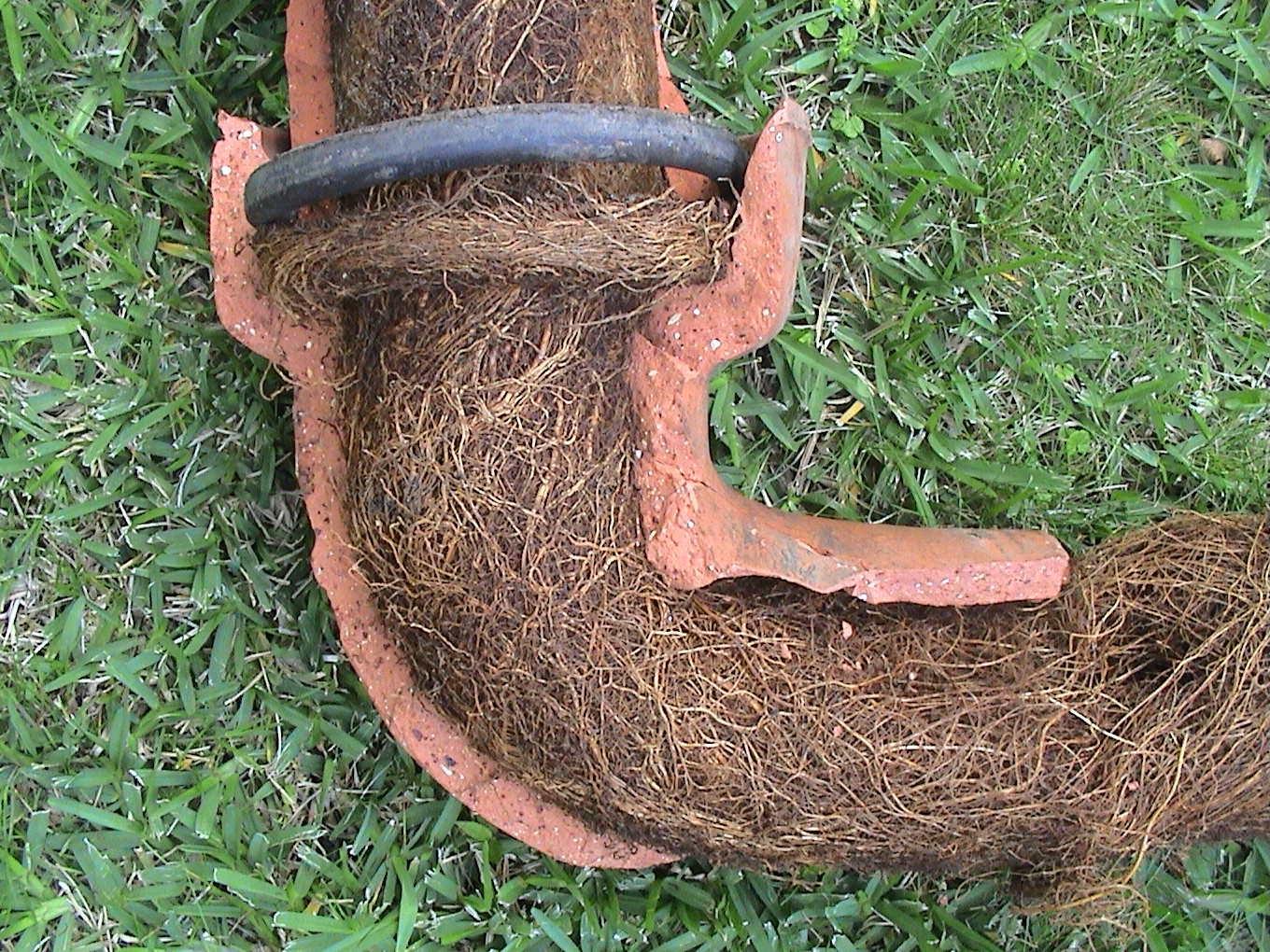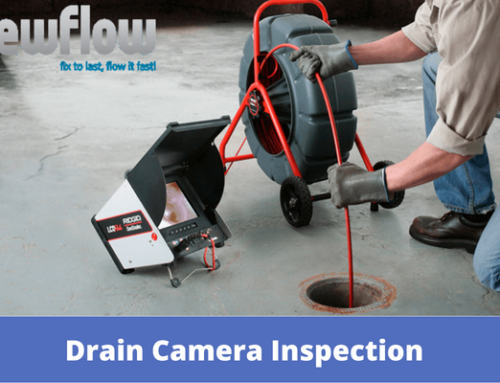Common Culprits That Cause Sewer Line Damage
A sewage breakdown in your house can be detrimental to your water bill, not to mention the expense of replacing your pipes. Therefore, it is essential to identify these concerns early on before they do damage. The indicators that your sewage system is malfunctioning include obstructions and water buildup throughout your home.
We helped a number of homes with sewage line cleaning and other kinds of sewer repairs. But how can you prevent these worries from emerging in the first place? This is mainly dependent on recognizing the common causes of sewage line clogs; the following are some of the possible reasons for sewage problems:
Tree Roots
Your main sewer line flows into your yard, which may be an issue for you if any trees in the immediate area have thick root systems. These roots, which are always looking for water, may extend their reach toward your sewage line and even penetrate it. This situation will worsen if your sewer line is fractured or damaged in any other manner. As the roots grow further into the sewage system, they will eventually extend and cause more damage to the pipes, which will ultimately result in a complete clog.
System Incorrectly Installed
If the plumbing in your home was installed by someone who did not do a good job, it is likely that it has never drained as well as it should have. It is possible that this issue, together with other circumstances that put you in danger, may give you a lot of problems. This type of problem may need considerable system maintenance to resolve. So invest in trusted plumbing services to save more expenses in the future.
Clogged Drains
Hair, dead skin cells, soap residue, and minerals in the water are just some of the common culprits that lead to clogged drains and showers. These items can adhere to the pipe walls and cause them to shrink. Pouring oil down the drain will simply exacerbate the situation since it draws additional debris to the walls. Clogs are more problematic if they enter a primary or secondary sewage system, causing the earlier water buildup. Slow drainage or limited water flow might be early indicators of a blockage.
Disposal of Garbages
Any outlet that connects to the sewer line should never be used to dump grease, leftovers, and other food goods. If these objects are likely to enter the disposal, a kitchen sink strainer should be purchased to prevent this from happening. Also included are feminine hygiene supplies, wipes, cotton balls, and a range of additional items that you may trash or flush in the toilet. If you are concerned about things that are applicable to be thrown that will not damage the sewer line or clog, please call our plumbers for simple advice.
Maintaining your pipes on a regular basis is an easy way to identify these concerns before they become a problem. Therefore, an expert may quickly eliminate any of these risk factors! Our team at the New Flow Plumbing is accessible round-the-clock to ensure your family’s safety and comfort. Just contact us, and we are ready to serve you.





